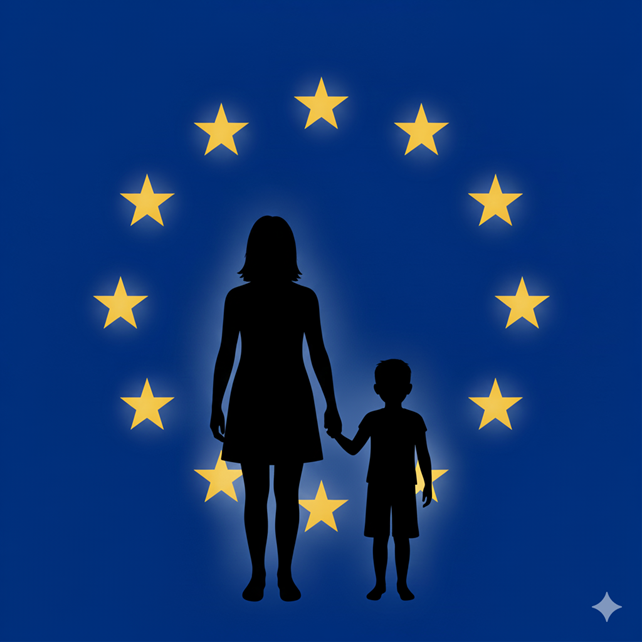Opinion of Advocate General Ćapeta, Safi, Case C-147/24, CJEU, 4 September 2025

Following a preliminary reference from the rechtbank Den Haag (District Court of The Hague), the Court of Justice has been asked to rule on two preliminary questions relating to Union citizenship, concerning both Article 20 TFEU and the interpretation of Article 24 of the Charter on the best interests of the child.
The pending proceedings before the referring court were started by a third-country national who is the mother of a minor Dutch citizen to challenge the refusal by the Staatssecretaris van Justitie en Veiligheid (State Secretary for Justice and Security) to grant her a residence permit in the Netherlands on the basis of her child’s citizenship. The applicant’s spouse holds dual nationality – Dutch and that of a third country – and receives social protection benefits in the Netherlands due to health issues. The applicant’s child has been diagnosed with speech problems and is therefore entitled to a special education programme. The Dutch authorities refused to grant a residence permit on the grounds that the applicant holds a valid residence permit in Spain – where she lived from 1999 to 2014 – meaning that the refusal would not require her and the minor to leave EU territory, but merely to relocate to another Member State. Having failed to comply with the Dutch authorities’ order to return to Spain, the applicant now risks being subject to a return decision to her country of origin. The court hearing the applicant’s appeal against the refusal has referred several questions to the Court of Justice that engage with the Zambrano case law and the implications of Union citizenship in the specific context of family relationships between parents and minor children.
On 4 September, Advocate General Ćapeta delivered her Opinion, putting forward a detailed argument built around a new concept, the “right not to move”. Essentially, the Advocate General proposes that the Court extend the Zambrano case law and its follow-up concerning the right of residence derived from the citizenship of family members. The crux of Advocate General Ćapeta’s argument lies in proposing an evolutionary interpretation of Zambrano according to which the rationale for extending Union residence right to family members of minor Union citizens is not the risk that the latter would be forced to leave “the territory of the Union as a whole” if refused. Such interpretation builds on a detailed analysis of the characteristics of the rights flowing from citizenship, particularly the right to move and reside freely in Member States other than one’s own. From those rights the Advocate General derives, conversely, the Union citizens’ right not to move, a right that would be infringed if the minor requiring care were forced to relocate to Spain to follow his mother. Turning to the dependency relationship between the minor and the mother that justifies granting a residence permit, the Advocate General added that when assessing the degree of dependency of a minor Union citizen on a third-country national family member, the competent authorities must take into account the minor’s right to respect for family life under Article 7 of the Charter, as well as the best interests of the minor under Article 24(2) of the Charter. In sum, the Opinion proposes an extensive interpretation of the Court’s case law aimed at strengthening the rights of minor citizens eventually in light of the Charter.
(Comment by Valeria Salese)

